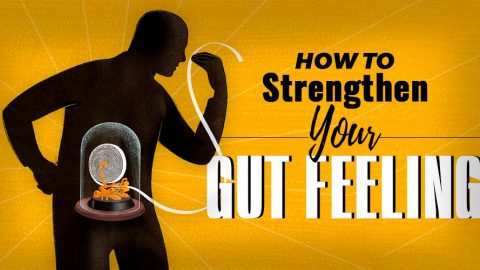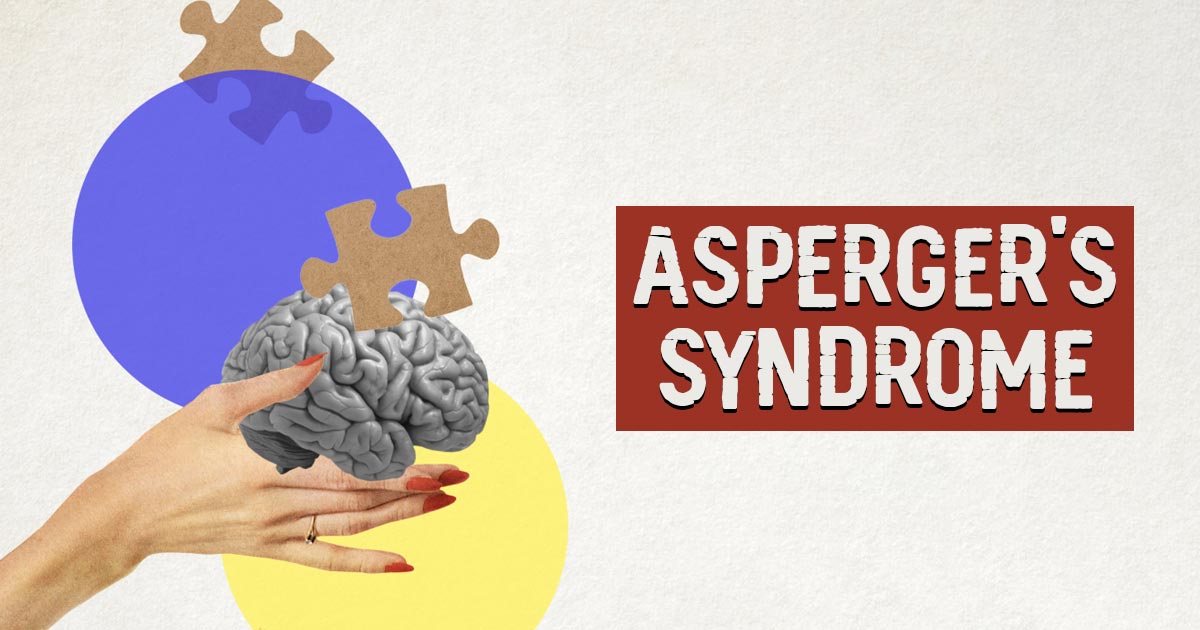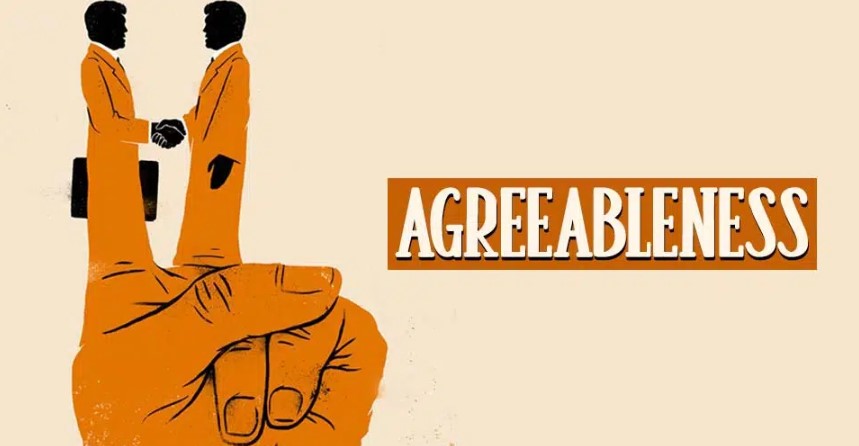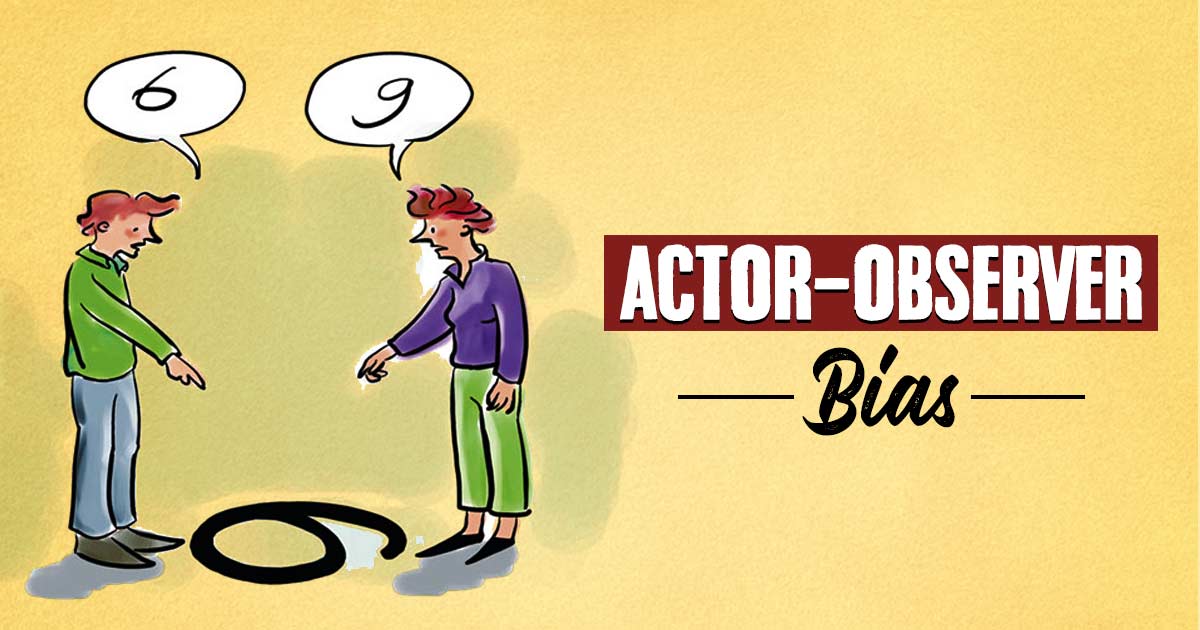Our intuition or gut feeling can often act like a superpower that protects us from harms and threats. Here, we are going to talk about some of the proven methods of sharpening and listening to your gut instinct.
Our gut can work in ways which we do not expect or understand. It is like an inner voice speaking to us and guiding us in our actions. However, the ability to listen to our intuition varies from person to person. Some people are more conscious of their intuition than others. They can respond accordingly which then influences their behavior and decisions. Others may find it difficult to understand and interpret it, or even experience it in the first place.
Read More About Gut Feeling Here
Strengthening And Improving Your Gut Feeling
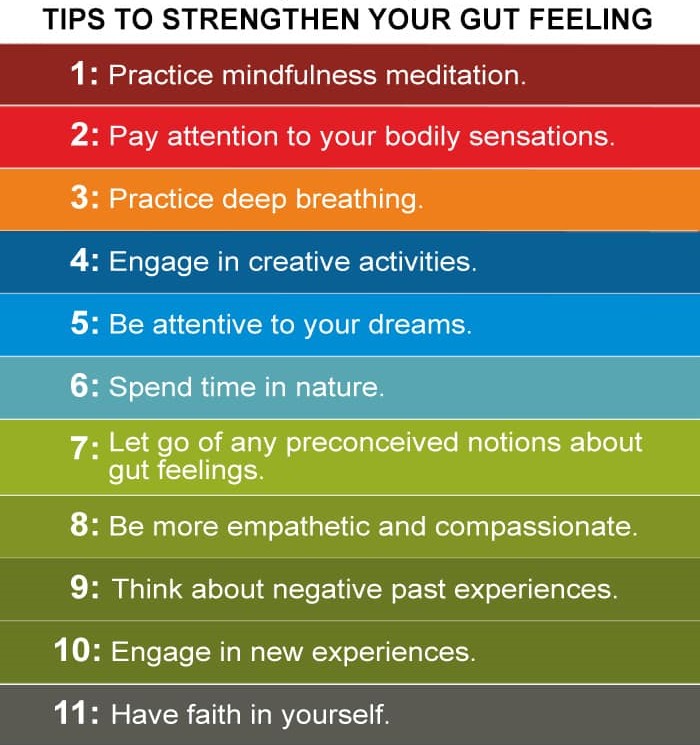
Studies 1 Dhaliwal G. (2011). Going with your gut. Journal of general internal medicine, 26(2), 107–109. https://doi.org/10.1007/s11606-010-1578-4 have indeed confirmed that listening to your intuition can be the correct decision to make, especially when you have faced a sudden problem and need a quick solution for it. It can be more accurate than analytical reasoning in some fields, for example, medicine. But not all of us can successfully tune in to this inner voice and act on it. Some people also are completely unaware of this voice inside them. However, with these tips below, you can be sure to invoke your intuition and harness it in the right way. Some of these points might overlap with one another as they are all connected internally.
1. Listen. Quietly.
Sometimes, all we need to do in life is to just listen. It is as simple as it sounds. You cannot hear your gut feeling talking to you if you do not listen. Start by clearing your mind of any thoughts. You can also go to a quiet place if possible. Close your eyes, visualize your problem and try to think of the first thing which comes to your mind. It can be amazing what listening to yourself can bring about.
However, make sure your surroundings are peaceful or quiet. A 2016 study 2 Vago, D. R., & Zeidan, F. (2016). The brain on silent: mind wandering, mindful awareness, and states of mental tranquility. Annals of the New York Academy of Sciences, 1373(1), 96–113. https://doi.org/10.1111/nyas.13171 found out that our brain tends to go into a state of ‘mindful awareness’ or ‘mental tranquility’ when everything around is quiet. If you feel you are having trouble tapping into your sixth sense in one place, try moving to a quieter and calmer area. This might not be effective right from the start, however, making it into a regular practice will ensure you can connect more with your inner voice over time.
2. Learn to recognize energy shifts in your body
Sometimes, it can be difficult to understand whether we have made the right decision or not. You might be constantly thinking or obsessing about it. However, there is a way to assess whether your decision was right or wrong and in accordance with your intuition. In most cases, after you have gone with your gut feeling, you can actually feel a huge weight getting lifted off your shoulders. You experience a sense of calm and peace once you have made the decision. Other emotions to look out for are joy, renewed energy 3 Collins, D., Collins, L., & Carson, H. J. (2016). “If It Feels Right, Do It”: Intuitive Decision Making in a Sample of High-Level Sport Coaches. Frontiers in psychology, 7, 504. https://doi.org/10.3389/fpsyg.2016.00504 or charisma or even physical stamina. All these are signs that you listened and acted according to your intuition. Try to find out what your body is telling you.
3. Be honest to yourself
Sometimes, it can be easy for us to ignore our gut feelings and label them as arbitrary emotions. People do not listen to their inner voice because they might be afraid of changing directions, failure and even saying no to someone. However, this might be a huge mistake. Our body is a complex network of information and what it tells you is for a reason. If something does not feel right, then maybe it is not. Your body is sending you those signals for a reason.
Acknowledge them and learn to listen to them. You can also try moving to a quiet place and paying attention to your body. Over time, when you learn to acknowledge and consider what your body is trying to tell you, you are teaching yourself to be true to your inner feelings. Your truest intuition is the one which comes immediately when you face a problem. Learning to be honest about what your body and mind are trying to tell you can be a way to find and connect to your inner voice.
4. Tune in to your body
Our body is a complex mechanism which gives us signals according to different situations and how we should act. When you fail to listen to your intuition, your body will start signaling you that there is something wrong. This can manifest through anxiety, migraine, fatigue and other types of ailments, which serve as an indicator that you are missing out on something. A 2014 study 4 McCraty, R., & Zayas, M. (2014). Intuitive Intelligence, Self-regulation, and Lifting Consciousness. Global advances in health and medicine, 3(2), 56–65. https://doi.org/10.7453/gahmj.2014.013 found out that “our emotions are the language of our intuitions.”
Our body tries to signal us of our intuitive capacities through these. Whenever you suppress your inner voice, your body uses these mechanisms to let you have an idea of what is going on inside. Tuning into our body can allow us to detect and understand what it is trying to tell us. You can start by asking yourself questions like why you are feeling in a certain manner, what led to you feeling in that way and what you can do to stop that feeling.
5. Write down your thoughts
Writing down whatever comes and goes into your mind can be an incredible way to start listening to your gut feeling. Writing can be a safe way to jot down your emotions, problems, obstacles, etc. Writing a daily journal helps you to clear your mind and organize and process your thoughts. It can help you to discover new things about yourself and also can help you understand yourself better. Studies 5 Niles, A. N., Haltom, K. E., Mulvenna, C. M., Lieberman, M. D., & Stanton, A. L. (2014). Randomized controlled trial of expressive writing for psychological and physical health: the moderating role of emotional expressivity. Anxiety, stress, and coping, 27(1), 1–17. https://doi.org/10.1080/10615806.2013.802308 have found that expressing your thoughts on pen and paper can go a long way in clearing clutter from your mind. Maintaining a personal diary can help you gain better mental clarity and let your inner voice lead and guide you.
6. Meditate
Meditation 6 Capurso, V., Fabbro, F., & Crescentini, C. (2014). Mindful creativity: the influence of mindfulness meditation on creative thinking. Frontiers in psychology, 4, 1020. https://doi.org/10.3389/fpsyg.2013.01020 allows us to observe our innermost thoughts and emotions without getting attached, judging or reacting to them. A 2015 study 7 Sun, S., Yao, Z., Wei, J., & Yu, R. (2015). Calm and smart? A selective review of meditation effects on decision making. Frontiers in psychology, 6, 1059. https://doi.org/10.3389/fpsyg.2015.01059 suggested that “meditation modulates brain activities associated with cognitive control, emotion regulation and empathy, and leads to improved non-social and social decision making.” The study says that even 5 minutes of meditation can be beneficial for individuals. It can be a great way to induce a sense of calm, balance and peace within your mind.
Thus, meditation can be a great way to connect with your inner self and improve your gut feeling. It can help you make decisions easily and can also help to stimulate and strengthen your intuition over time. By meditating regularly, you slowly start to see a noticeable difference over a period of time in your overall health, cognitive abilities, emotions and decision making.
The Freeze-Frame Technique
Research has shown that our heart has a lot to do with our emotional intelligence and our decision-making capabilities. The researchers state that “the heart is in continuous communication with the brain and body through multiple pathways” and is a “global coordinator” of our body. Thus, our heart plays an important role in shaping our gut feeling and how we make decisions. The study puts emphasis on the role of our heart and makes use of the “Heart Math” system.
The system allows individuals to increase their cognitive abilities, physiological coherence and self regulate themselves from stressful situations into more positive emotional states. Out of the techniques shown in this system, one particular technique called “Freeze Frame” is used to improve your intuitive abilities. It is a five step process which allows individuals to better listen to their intuition, obtain mental clarity and find innovative solutions to problems. Down below are the steps for practicing the Freeze Frame technique.
Step 1: Create a safe space for yourself, where your mind is clear and you do not get easily distracted.
Step 2: Recognise which thought is troubling you and “freeze’’ it.
Step 3: Shift your focus from your head to your heart. Imagine as if you are breathing through your heart. Hold your focus for about 10 seconds.
Step 4: Recall a fun or a positive experience or feeling that you had. Try to experience it in your mind once more.
Step 5: Now try tapping into your intuition or common sense. Ask yourself sincerely what would be the most efficient solution.
Step 6: Listen to what your heart has to say.
Get Control Over Your Gut Feeling
Our gut feeling can be one of our most powerful decision making capabilities. It is essential that we learn to identify, listen and act according to our gut feel. Some people find it easier to listen to their intuition than others. Practicing the above mentioned tips will surely go a long way in helping you identify and make decisions according to your gut.

